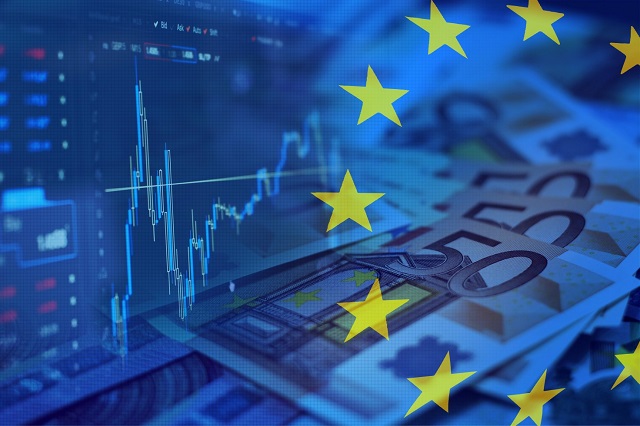
Amsterdam has succeeded London as Europe’s biggest share trading centre following on from Britain’s departure from the European Union’s single market, obtaining a large portion of UK derivatives business in the process, data found on Thursday.
According to the Cboe exchange which operates in both cities via Reuters, January saw Amsterdam’s stock changes trade €9.2bn compared to London’s €8.6bn.
Cboe stated that Amsterdam had been the sixth-biggest share trading centre in Europe in 2020 with an average of €2.6bn traded daily. Frankfurt was second with €5.9bn, with London leading the way at €17.5bn.
Following from leaving the single market, it had been expected that London would lose their position as Europe’s top traders, as the city did not have adequate provisions for trade in services, particularly finance, which had covered more than 10% of UK tax receipts before Brexit.
ESMA, Europe’s securities watchdog, announced on Thursday that the shift of share trading from London to the bloc is irreversible.
Britain officially left the EU’s internal market on January 1st, following on from the UK-EU referendum in June 2016. The EU has no plans to reverse its position that euro-denominated shares have to be traded within the member states.
However, since June 2019, trading of Swiss shares in London had been paused, where the level reached over €1bn per day and since the start of this month, this has resumed as the current average of trading in Swiss shares is €250 million euros a day which means that the gap is expected to narrow.
Trading in euro-denominated interest rate swaps has also been less popular in London, the world’s biggest swaps trading centre, where separate data released showed this has now shifted to platforms in the EU and New York since the new year.
IHS Markit stated that platforms in Amsterdam, as well as Paris to a much lesser extent, amounts for a quarter of the euro rate swaps in January, a 10% increase from last July.
In this time, London’s share declined from just below 40% to just above 10% as U.S platforms have doubled volumes to 20% of the total euro swaps market.
Brussels obligement of EU-based firms trading interest rate swaps and credit default swaps both inside the bloc, or in an non-EU country, such as the United States, whose platforms have been approved for use, has led to fragments with the shares and swaps markets.
Currently, Britain has been secretive with the EU about their intentions to part ways with the union as London has yet to secure “equivalence” from Brussels, who require more information on this.
As quoted by Reuters, “London is one of the world’s most pre-eminent financial centres, with a strong regulatory system” according to Prime Minister Boris Johnson’s spokesman, who has provided the necessary paperwork, continuing that fragmenting markets was in no one’s interest.
Mairead McGuinness, the EU’s financial services chief, stated on Thursday that there will be progressive talks with Britain about the bloc’s discussions of equivalence, whilst considering its proposals regarding regulations on a case-by-case basis. However, McGuiness insisted that there “cannot be equivalence and wide divergence”.
“Derivatives trading obligation” known as DTO, will not be reversed according to one of McGuinness’s senior officials, which is the main root of the three-way split between Britain, the EU and United States.
“For the foreseeable future, all three jurisdictions will have trading venues that offer all currencies in such volumes that keep the DTO in all currencies,” Tilman Lueder, head of securities markets at the EU executive, told a Bloomberg event.
“The three-way liquidity split is going to stabilise.”
The gross market value of euro rate swaps in the first half of 2020 was the equivalent of €4.295 trillion as stated by The Bank of International Settlements.
Brussels has been vocal in their want for euro-denominated financial activity to shift from London in constructing its own capital market with direct supervision.
Since January 4th, over €6bn in daily trading left London for EU-based platforms.
After Britain voted to leave the EU five years ago, the Cboe and London Stock Exchange’s Turquoise in London, prepared to open to the home of the world’s oldest stock exchange, Amsterdam.
The ICE exchange confirmed this week that the EU’s trade of carbon emissions is worth €1bn per day, will move from London to the Dutch capital during the second quarter.
Source: Reuters
